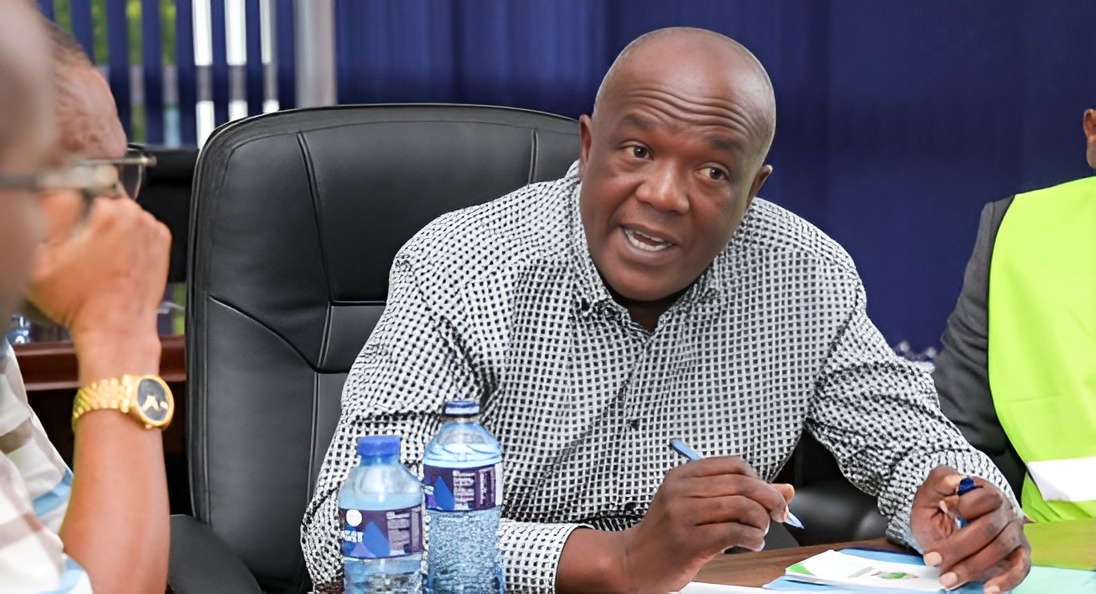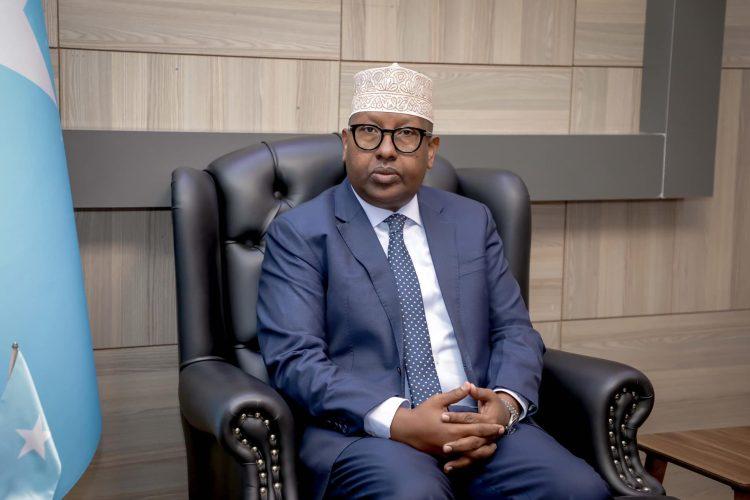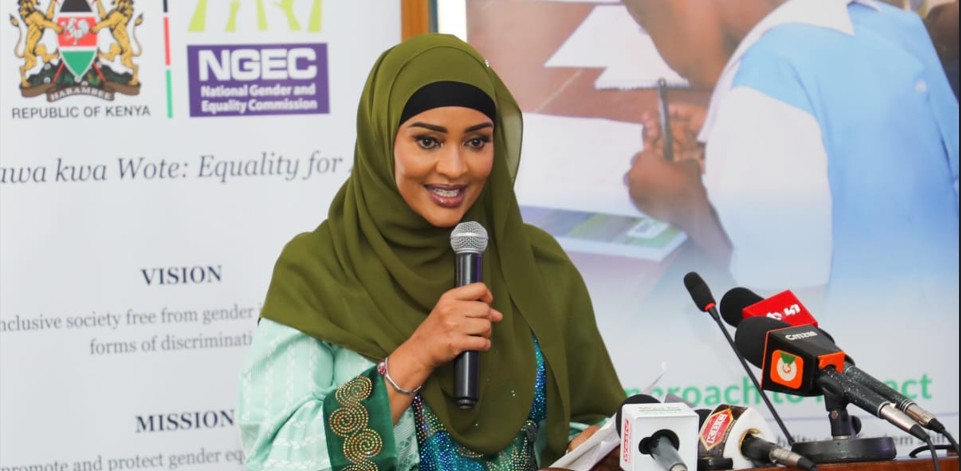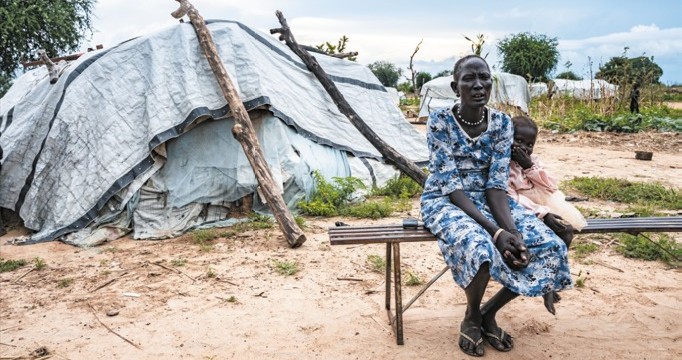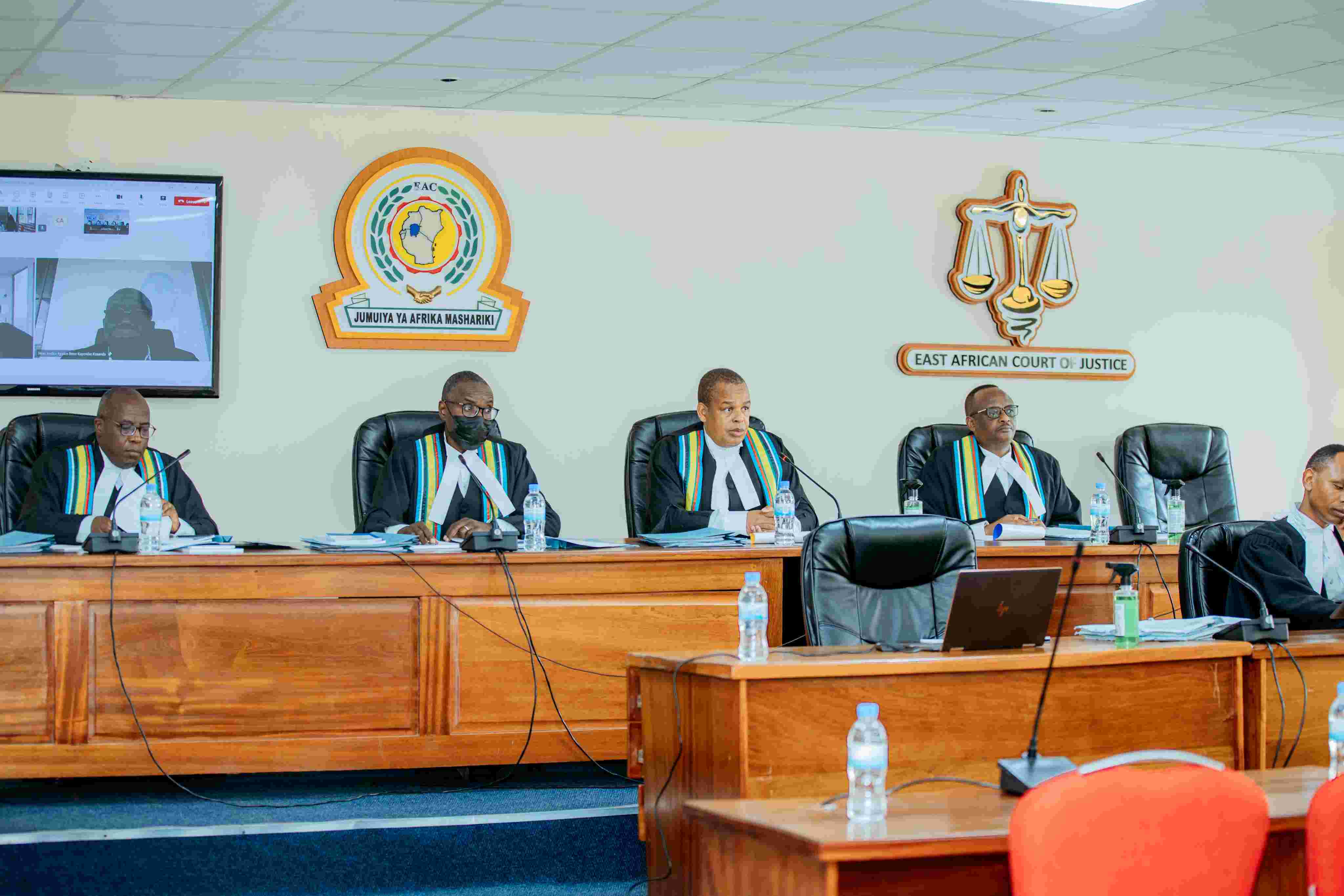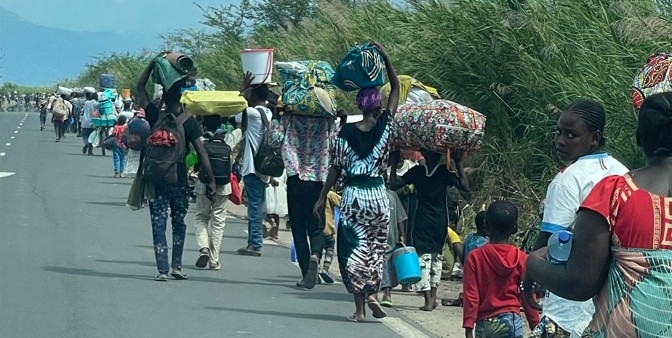KEMRI launches specialised labs to combat Marburg Virus threat amid Rwanda outbreak
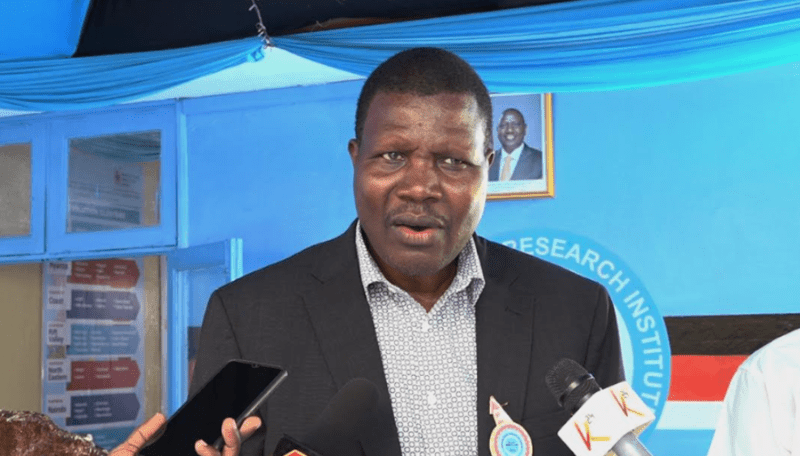
The Ministry of Health has intensified surveillance activities to ensure a proactive approach to curbing the virus in the event of any reports.
The Kenya Medical Research Institute (KEMRI) has announced the establishment of specialised laboratories across the country in response to the recent outbreak of Marburg Virus Disease (MVD) in Rwanda.
Speaking at the KEMRI Mtwapa Research Facility in Kilifi, KEMRI Director General Elijah Songok emphasised that these facilities will enable rapid and effective testing of samples to bolster the country's readiness against the virus.
More To Read
- Traditional medicine is now a global reality: WHO
- Burundi closes border with DR Congo after M23 enters Uvira, sources say
- M23 rebels capture eastern DR Congo city of Uvira as thousands flee to Burundi
- Third Kilifi health forum opens with urgent calls for financing, digital solutions
- WHO warns tobacco use threatens fertility in men, women
- England confirms new mpox strain: What you need to know
On September 27, the Ministry of Health in Rwanda reported the first known cases of MVD in health facilities. As of October 2, Rwanda has confirmed 36 laboratory cases of the disease, including 11 deaths.
Alarmingly, 19 of these cases involve healthcare workers, many of whom are employed in intensive care units.
"Today we are also here to announce that KEMRI is actively supporting efforts to control the outbreak of Marburg Virus Disease (MVD) in Rwanda, confirmed by the Rwanda Ministry of Health on September 27, 2024. With 26 cases and 8 fatalities reported, over 70 per cent of the affected are healthcare workers, raising significant regional concerns," Songok stated.
MVD is a rare yet highly fatal viral hemorrhagic fever caused by the Marburg or Ravn virus. Similar in virulence to Ebola, MVD currently lacks an approved treatment or vaccine.
Symptoms include fever, chills, headache, muscle pain, rash, chest pain, sore throat, diarrhoea, vomiting, stomach pain, and unexplained bleeding or bruising.
"KEMRI urges the public to report any symptoms and follow preventive guidelines. The Institute remains committed to keeping the public informed and working with global partners to safeguard public health," Songok added.
The virus spreads through direct contact with broken skin or mucous membranes and the body fluids of an infected person, including blood, saliva, sweat, faeces, vomit, breast milk, amniotic fluid, or semen.
To mitigate the risk of transmission, KEMRI, in collaboration with the Ministry of Health, has strengthened public health surveillance, sample testing, and community engagement efforts.
Additionally, the Director General assured that KEMRI is working with the World Health Organisation (WHO) and regional partners to enhance response efforts and preparedness across East Africa.
KEMRI is ramping up its role in the regional response to #MarburgVirus, following confirmation of 26 cases & 8 fatalities in Rwanda 🇷🇼, with healthcare workers comprising over 70% of those affected. pic.twitter.com/Il5KJ7m3hS
— Kenya Medical Research Institute (@KEMRI_Kenya) October 4, 2024
Kenya's Health Cabinet Secretary Deborah Barasa confirmed that no cases of MVD have been reported in the country.
"Additionally, the Ministry of Health has received an alert from WHO on MVD. Currently, we have no Marburg disease cases reported in the country," she said.
Despite the absence of reported cases, the Ministry of Health has increased surveillance following the WHO alert on the Marburg Virus.
CS Barasa urged the public to remain vigilant. "Avoid contact with any confirmed cases or symptomatic individuals, wash hands frequently, use sanitiser, and avoid sharing personal items to prevent the spread. Other symptoms to be aware of include difficulty swallowing and bleeding. If you experience any of these symptoms, seek medical attention immediately," she advised.
Marburg is part of the Ebola family of viruses and causes hemorrhagic fever with a fatality rate of up to 88 per cent, according to WHO.
In response, the Ministry of Health has intensified surveillance activities to ensure a proactive approach to curbing the virus in the event of any reports.
Top Stories Today
Reader Comments
Trending

